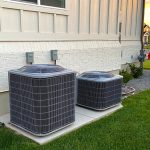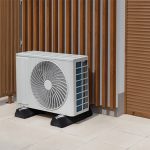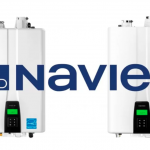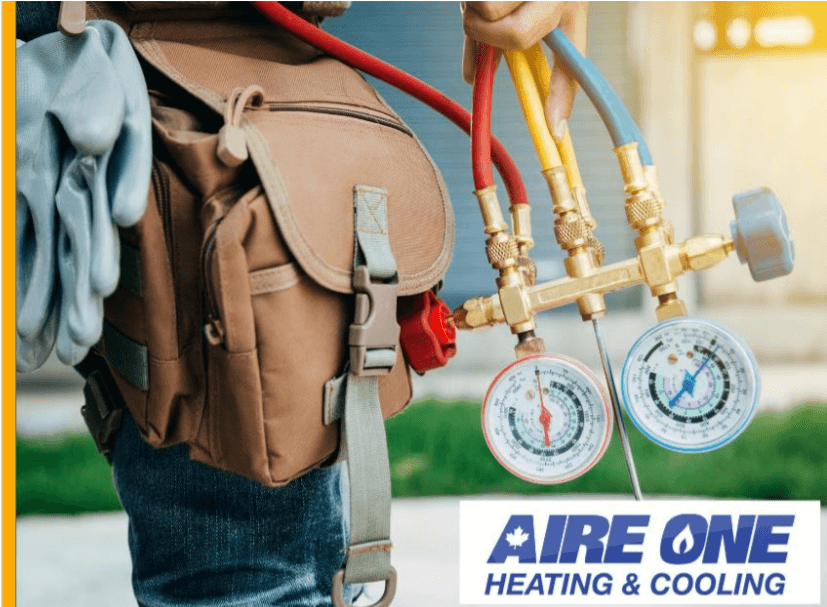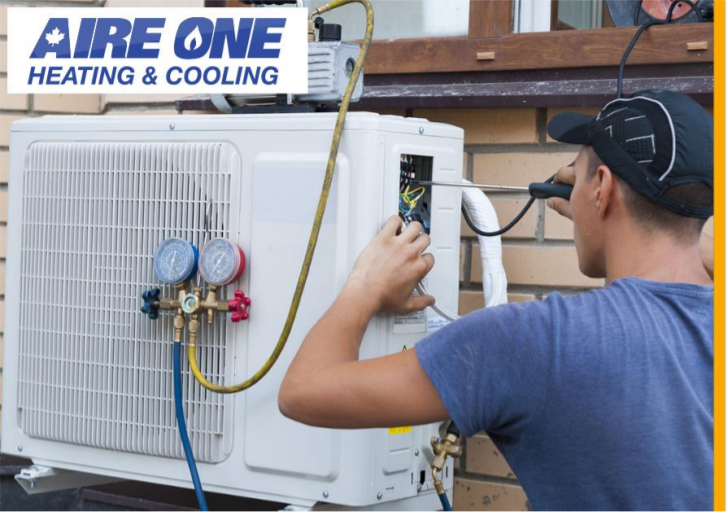From seasonal allergies to chronic problems such as asthma, respiratory health is a key element in our overall quality of living that can severely impact the way we function daily. Though medicines and lifestyle changes may control these conditions, the dimension often ignored is — Air we breathe indoors. Today, we take the opportunity of this blog to delve deeper into how home air treatment can help ease respiratory issues, offering some respite and delivering better health.
Respiratory Issues Explained
To begin with, let us take a head start of some common breathing problems that people actually complained about. Symptoms from allergies, which are ordinarily triggered by particles in the air, including pollen and dust mites(or cat hair to those needing a more immediate reaction), can vary greatly in presentation — some people may exhibit sneezing and congestion while others experience angioedema/laryngospasm. Asthma is a long-term inflammatory lung disease, which leads to wheezing, chest tightness, and difficulty breathing that can interfere with regular activities.
Indoor Air Quality
The quality of indoor air hugely affects respiratory health. Yet, indoor environments are often some of the most contaminated: filled with dust and mould spores or polluting VOCs (Volatile Organic Compounds), bacteria viruses as examples. These contaminants worsen issues with respiratory health and could lead to future health complications.
Home Air Treatment Solutions
Fortunately for US residents, many at-home air treatment solutions can improve IAQ and relieve common allergen-related respiratory symptoms.
Air Purifiers: Use high-efficiency particulate air (HEPA) filters to catch airborne allergens and contaminants, reducing their concentration in your indoor environment. For eliminating particles as small as 0.3 microns, you must choose the air purifiers equipped with HEPA filtration system…
Ventilation Systems: Adequate ventilation is key to good indoor air quality. Mechanical ventilation systems, such as heat recovery ventilators (HRVs) or energy recovery ventilators (ERVs), exchange the indoor stale air for fresh outdoor air but without a significant uptick in energy use.
Humidity Control: The mold, which is nearly a universal allergen and can thrive in environments with high moisture content. This dehumidification will ensure the humidity level is such that no mold develops, and all spaces indoors are warm.
Air Quality Monitors: Purchasing an air monitor, homeowners can track indoor pollution metrics such as particulate matter, moisture or VOC levels. They are excellent for obtaining data on indoor air quality and locating potential pollution sources.
Home Air Treatment Benefits
The advantages of employing home air treatment solutions only get better especially with respect to individuals afflicted by respiratory disorders:
Less Allergen Exposure: Pollutants, such as pollen or animal hair dust mites that may cause allergic reactions can be removed with the use of air cleaning systems.
Better Respiratory Health: Home air purification can help asthma sufferers breathe easier, which means there are fewer episodes and less severe symptoms taken from the reduction of airborne irritants.
Increased general health and quality of life: Clean indoor air leads to improved sleep, can increase energy levels by reducing the need for constant filtration of debris, thus preventing low-grade chronic inflammation; and also enhances cognitive function.
Although respiratory ailments impair the normal daily life, whatever reduces their potential to make indoor air quality a culprit is good. There are many easy ways to reduce airborne allergens and pollutants, which can help keep your respiratory health in tip-top shape: Utilizing Home Air Treatment Solutions like air purifiers, ventilation systems or humidity control Air quality monitors Discover practical tips for clean indoor air. All of these things add up to investing in a healthier, more comfortable living situation for you and your family.






